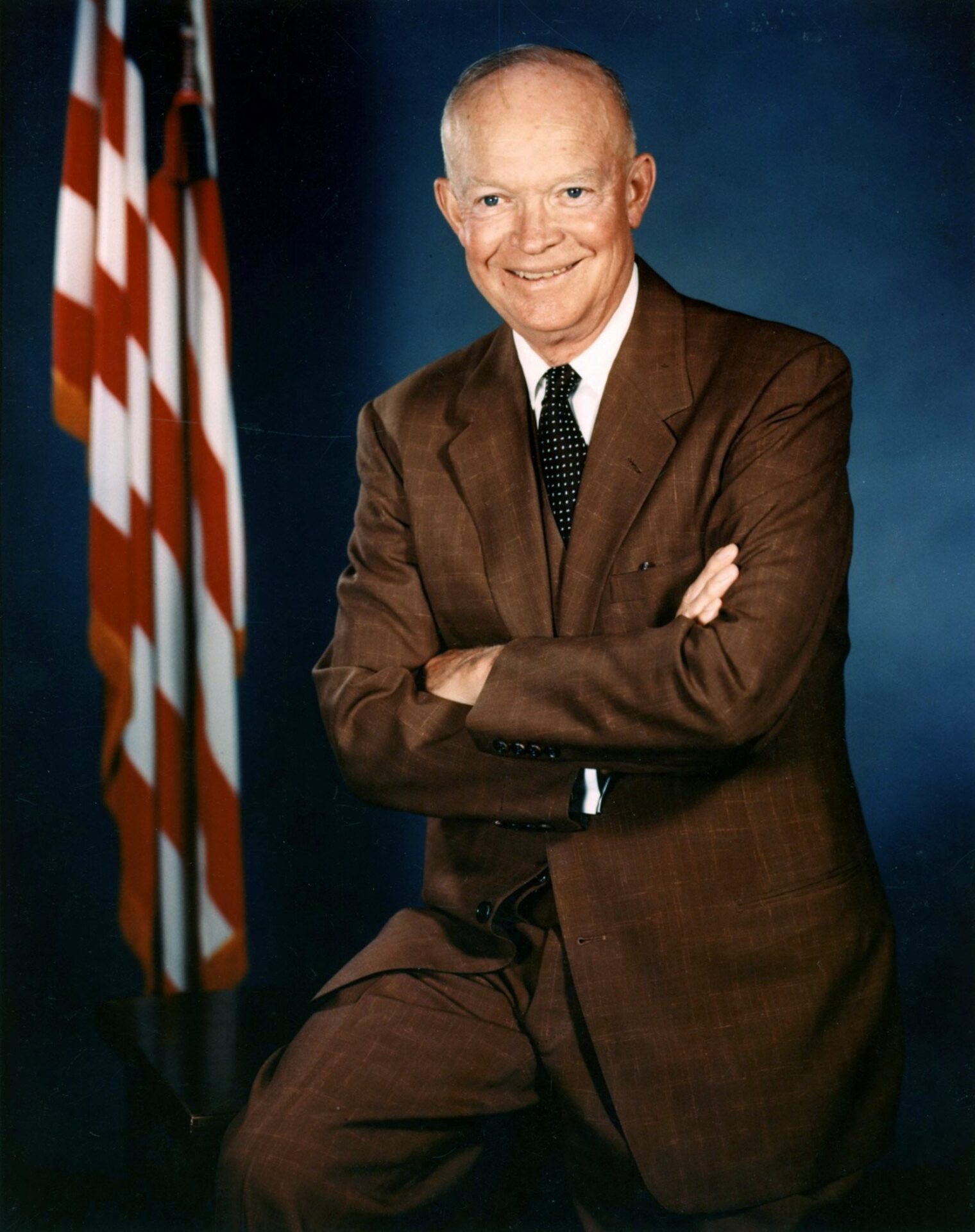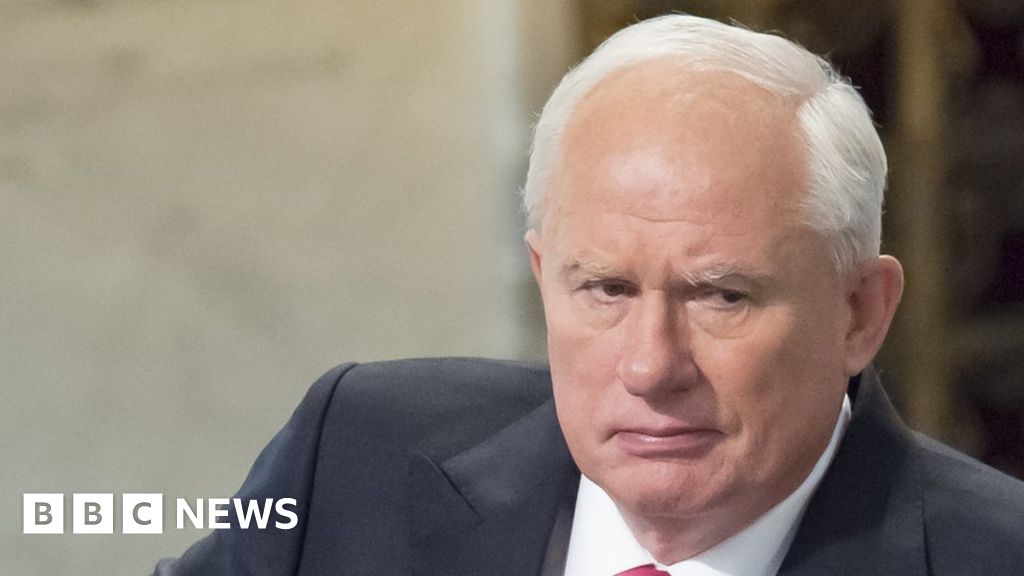Blaster
Diamond Member
- Sep 9, 2022
- 19,263
- 19,103
- 2,288
Obama is on the list only because he was our first black president. JFK only was in office for 3 years and didn't accomplish very much.When it comes to discussing who was the best U.S. president, historians don’t quibble much: Abraham Lincoln is widely regarded as the best U.S. President, Insider reports.
And seeing that this is President’s Day, I thought I’d showcase 10 of America’s best presidents, at least according to 100 historians, who were all surveyed by C-SPAN in 2021. The survey is conducted after a sitting president’s term, which means C-SPAN will likely include President Joe Biden after he leaves office.
The 2021 C-SPAN survey was released after Donald Trump left office (and no, he did not score well — are you surprised?) The survey measured 10 qualities of presidential leadership: public persuasion, crisis leadership, economic management, moral authority, international relations, administrative skills, vision, relations with Congress, pursuing equal justice for all, and performance within the context of his times, per Insider. Scores in each of the categories were averaged and the 10 categories were weighted equally in determining each president’s total score.
George Washington came in right behind Lincoln in second place, while Franklin Delano Roosevelt wound up in third place. Of our more recent presidents, George H.W. Bush came in at No. 21, beating his son George W. Bush, who is ranked at No. 29. Other presidents who received high rankings include John F. Kennedy at No. 8, Ronald Reagan at No. 9, and Barack Obama at 10.
Of our more recent presidents, George H.W. Bush came in at No. 21, beating his son George W. Bush, who is ranked at No. 29. Other presidents who received high rankings include John F. Kennedy at No. 8, Ronald Reagan at No. 9, and Barack Obama at 10.
As for Trump, he ranked at No. 41. Jimmy Carter barely missed the top 25, coming in at No. 26.
So without further ado, here are the top 10 U.S. Presidents, according to the historians who were surveyed.
10. Barack Obama. As our 44th president, Obama sought equal justice for all and this is why he was ranked highly. He also earned the 2009 Nobel prize for his extraordinary efforts to strengthen international diplomacy and cooperation between peoples.
9. Ronald Reagan. As the 40th president, Reagan, who earned the famous nickname “the Gipper,” earned points for his persuasiveness to the public. Reagan perhaps gained the most notoriety for cutting taxes (especially for the wealthy) via two federal laws: The Economic Recovery Tax Act of 1981 and the Tax Reform Act of 1986.
8. John F. Kennedy. As our 35th president, Kennedy was also ranked highly because of his public persuasiveness. He was the youngest man as well as the first Catholic elected president. In his inaugural address, on January 20, 1961, Kennedy delivered what may be his most famous speech. It included the famous line: “Ask not what your country can do for you — ask what you can do for your country.”
7. Thomas Jefferson. As the third president of the United States, Jefferson received a high ranking because of his relations with Congress and because of his vision.
6. Harry S. Truman. The 33rd president received high marks for his leadership during a crisis and for pursuing equal justice for all. Truman became president when Franklin Delano Roosevelt died. Truman led the country through the final days of World War II.
5. Dwight D. Eisenhower. The 34th president ranked highly for his moral authority. He is perhaps best known for founding NASA and signing a law that created the Interstate Highway System.
4. Theodore Roosevelt. Also given high ranks for his public persuasiveness, the 26th president gained the nickname “the conservation president,” by signing legislation designating several national parks. Roosevelt also enacted the Antiquities Act of June 8, 1906. This act enabled Roosevelt and the presidents who succeeded him to proclaim historic landmarks, historic and prehistoric objects and other structures of historic or scientific value to be acquired by federal ownership and declared national monuments.
3. Franklin D. Roosevelt. Our 32nd president ranked highly for his ability to be persuasive with the public and for his handling of international relations. He is the only U.S. President to have served more than two terms and he died in office just after the start of his fourth term.
2. George Washington. He was given high marks for his economic management, moral authority, and performance during the context of his times. Perhaps the most unique thing about our first president is that he’s the only president (so far) who was not affiliated with a political party during his time in office.
1. Abraham Lincoln. This man also earned a reputation for his ability to handle a crisis and the 16th president also received high marks for his administrative skills, vision, and his pursuit of equal justice for all. According to History.com, Lincoln’s Gettysburg address is “arguably the most-quoted, most memorized piece of oratory in American history.

Historians Release List of Top U.S. Presidents and You Can Expect Trump to Explode in 3, 2, 1...
When it comes to discussing who was the best U.S. president, historians don’t quibble much: Abraham Lincoln is widely regarded as the best U.S. President, Insider reports. And seeing that this is President’s Day, I thought I’d showcase 10 of America’s best presidents, at least according to 100...www.politicalflare.com
Very interesting. Good for Jimmy Carter. What do you think?


